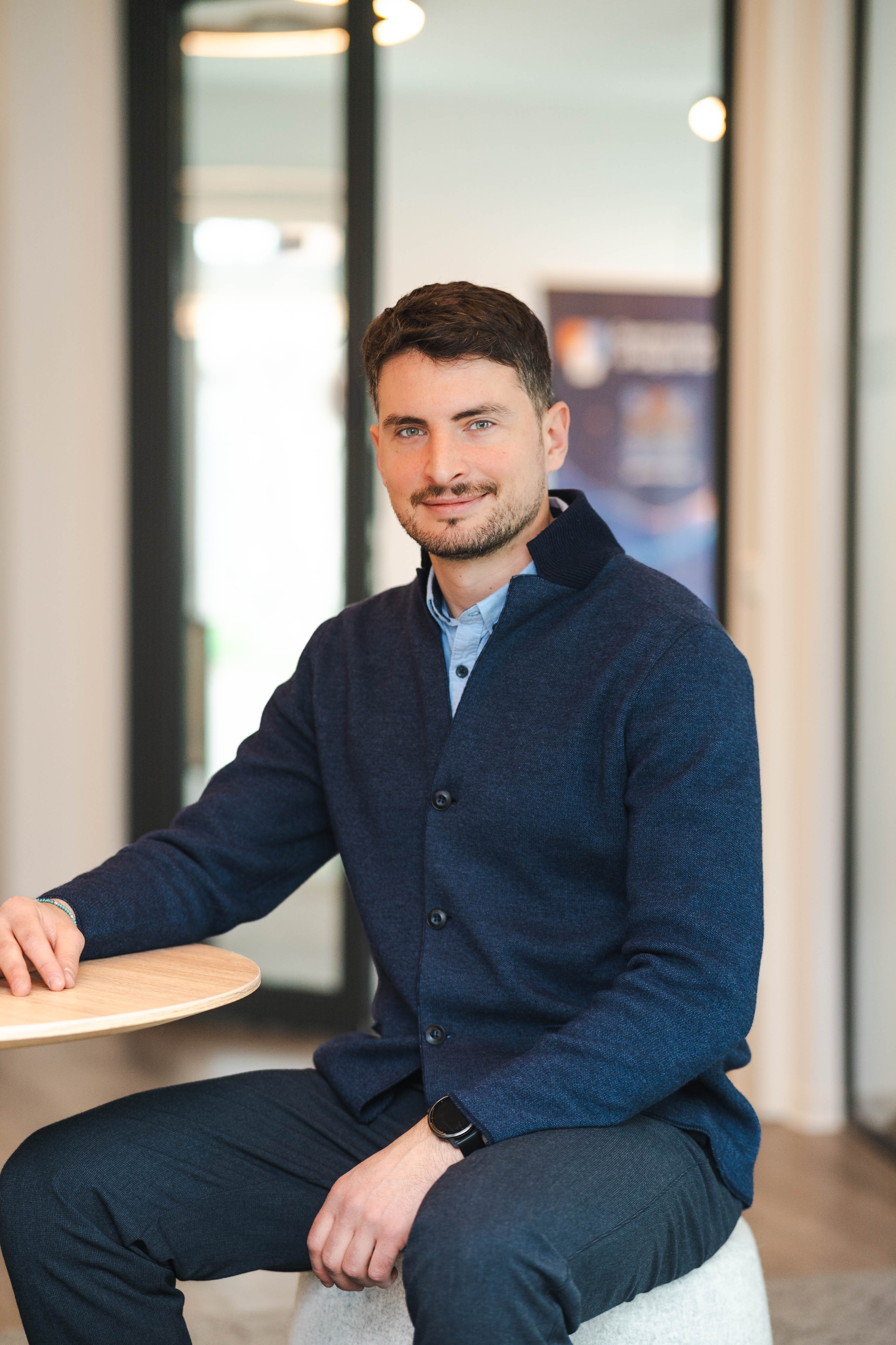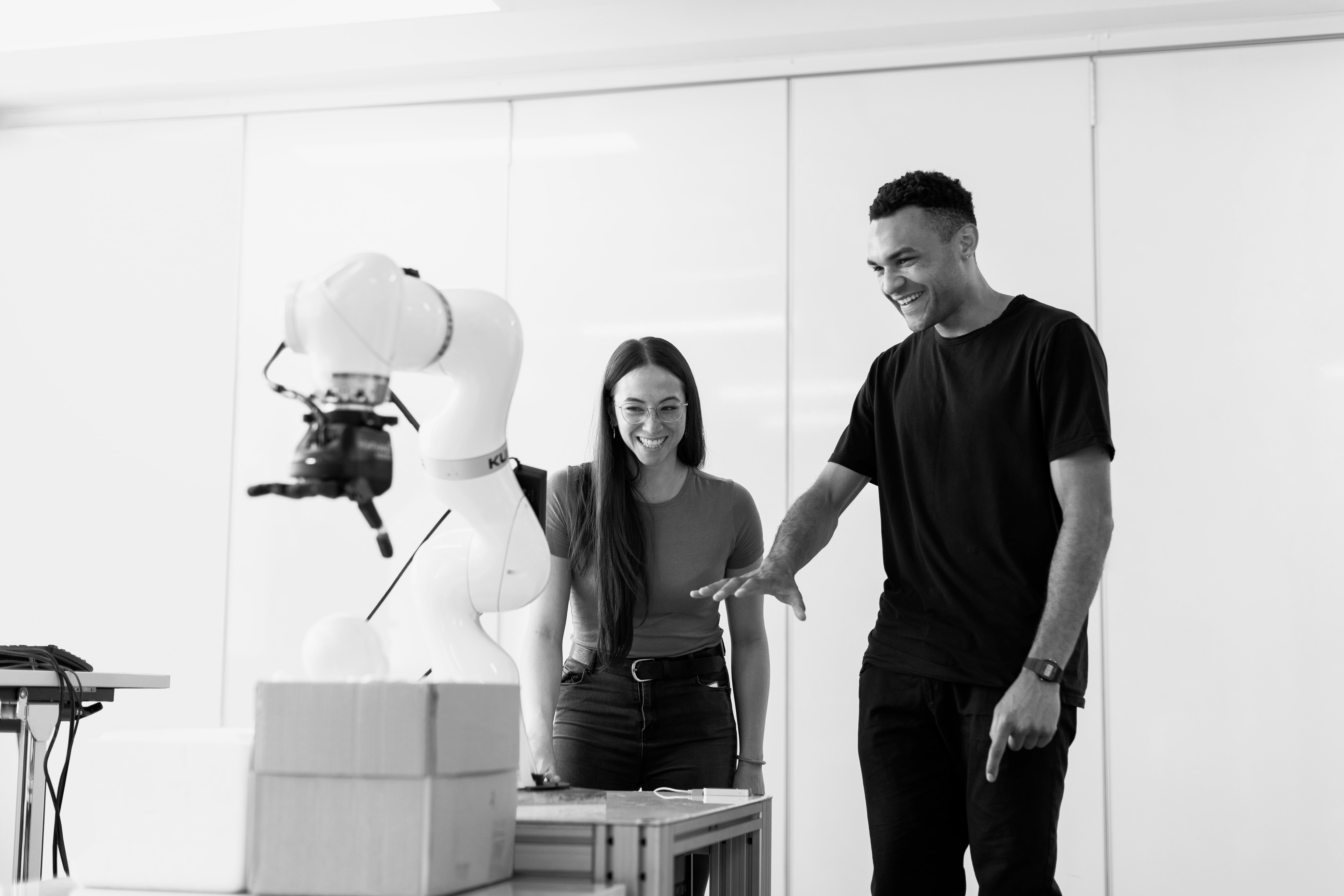
Prof. Dr. Daniele Di Mitri
Daniele Di Mitri is a professor of Multimodal Learning Technologies and leader of the "Augmented Feedback" research lab at the German University of Digital Science. He is an affiliate researcher at the DIPF - Leibniz Institute for Research and Information in Education and a lecturer at the Goethe University of Frankfurt, Germany. Daniele Di Mitri received his PhD in Learning Analytics and wearable sensor support from the Open University of The Netherlands. His current research focuses on developing AI-driven, multimodal learning technologies to enhance digital education. It aims to create innovative and responsible solutions that improve learning experiences through advanced feedback systems and ethical technology integration. He is a "Johanna Quandt Young Academy" fellow and was elected "AI Newcomer 2021" at the KI Camp by the German Informatics Society. He is a member of the editorial board of Frontiers in Artificial Intelligence journal, a member of the CrossMMLA, a special interest group of the Society of Learning Analytics Research, and chair of the special interest group of AI for Education of the European Association of Technology-Enhanced Learning.


